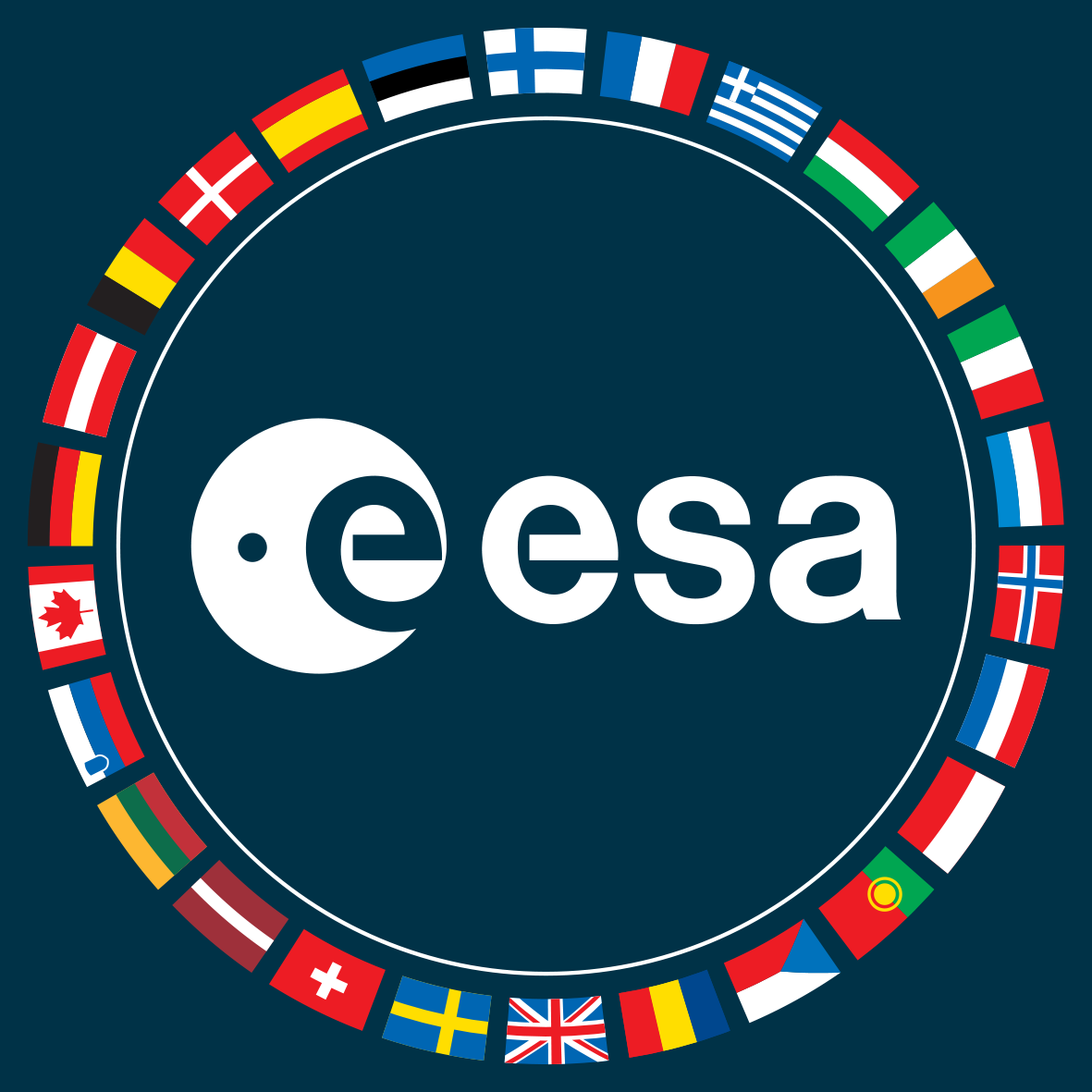Internal Research Fellow (PostDoc) – Movement in Low Gravity environment (MoLo) experiment series
Porz-Wahn, Germany, ESA [10782]
About this job
ESA is looking for an Internal Research Fellow (PostDoc) – Movement in Low Gravity environment (MoLo) experiment series.
Our team and mission
You (RF) will be based in the Space Medicine Team (HRE-OM) at the European Astronaut Centre in Cologne, Germany. You will help the operational experts and space physiology experts to prepare, conduct and post-process (data analysis and publication) a number of studies investigating the effects of simulated hypogravity exposure on human biomechanics and physiology with a view to inform and optimize Lunar operations.
Astronauts exposed to microgravity (μg) experience physiological deconditioning, particularly in those systems sensitive to mechanical loading such as the cardiovascular, pulmonary, and musculoskeletal systems. In order to mitigate these effects, current International Space Station (ISS) crew members exercise every day for approximately 90 minutes. Current exercise devices used on the ISS are a cycle ergometer (CEVIS) and a treadmill (T2) for cardiovascular exercise as well as an advanced resistive exercise device (ARED) for strength training. Despite the extensive use of exercise countermeasures, some astronauts still return from 6 months ISS missions in low Earth orbit (LEO) exhibiting space deconditioning such as decreased calf muscle volume and power, bone mineral density and peak oxygen uptake.
On the ISS, medical operations and life scientists have focused upon understanding and addressing the physiological effects of μg. As a consequence the effect of acute and chronic hypogravity exposure (μg < partial gravity
Responsibilities
Field(s) of activities/research
• Human Biomechanics;
• Muscle, bone and cardiovascular physiology;
• Space Medicine;
• Exercise Physiology.
Profile
Technical competencies
• Knowledge relevant to the field of research;
• Research/publication record;
• Ability to conduct research autonomously;
• Breadth of exposure coming from past and/or current research/activities;
• General interest in space and space research;
• Ability to gather and share relevant information.
Education
You should have recently completed, or be close to completion of a PhD in a related technical or scientific discipline. Preference will be given to applications submitted by candidates within five years of receiving their PhD. In particular for this position, the following is required:
• PhD in Human Biomechanics, Exercise Physiology, Medicine or Physiology.
Additional requirements
• Fluent in English – written and spoken;
• Experience in biomedical data processing and analysis;
• Experience in biomedical statistics;
• Experience in science writing and publishing.
Additional assets:
• Experience using Matlab, Python and R;
• Extensive biomechanical and/or cardiovascular lab skills (i.e. processing and analysis of kinetic and kinematic data and cardiovascular signals).
For a complete job description and to apply, click on “apply”.
The closing date for applications is 1 November 2020.
If you require support with your application due to a disability, please email contact.human.resources@esa.int.
————————————————————————————————————————-
Please note that applications are only considered from nationals of one of the following States: Austria, Belgium, the Czech Republic, Denmark, Estonia, Finland, France, Germany, Greece, Hungary, Ireland, Italy, Luxembourg, the Netherlands, Norway, Poland, Portugal, Romania, Spain, Sweden, Switzerland, and the United Kingdom. Nationals from Latvia and Slovenia, as Associate Member States, or Canada as a Cooperating State, can apply as well as those from Bulgaria, Cyprus, Lithuania and Slovakia as European Cooperating States (ECS).
We offer
The European Space Agency (ESA) is an equal opportunities employer that offers competitive salaries exempt from national income tax and excellent employment conditions, such as allowances for expatriates and relocation support.
For more information: http://www.esa.int/About_Us/Careers_at_ESA
About us
The European Space Agency (ESA) is Europe’s gateway to space. Its mission is to shape the development of Europe’s space capability and ensure that investment in space continues to deliver benefits to the citizens of Europe and the world. ESA is an international organisation with 22 Member States. By coordinating the financial and intellectual resources of its members, it can undertake programmes and activities far beyond the scope of any single European country.
Learn more: http://www.esa.int/
For information on how the personal data in your application is processed, please see the ESA Privacy Policy.
